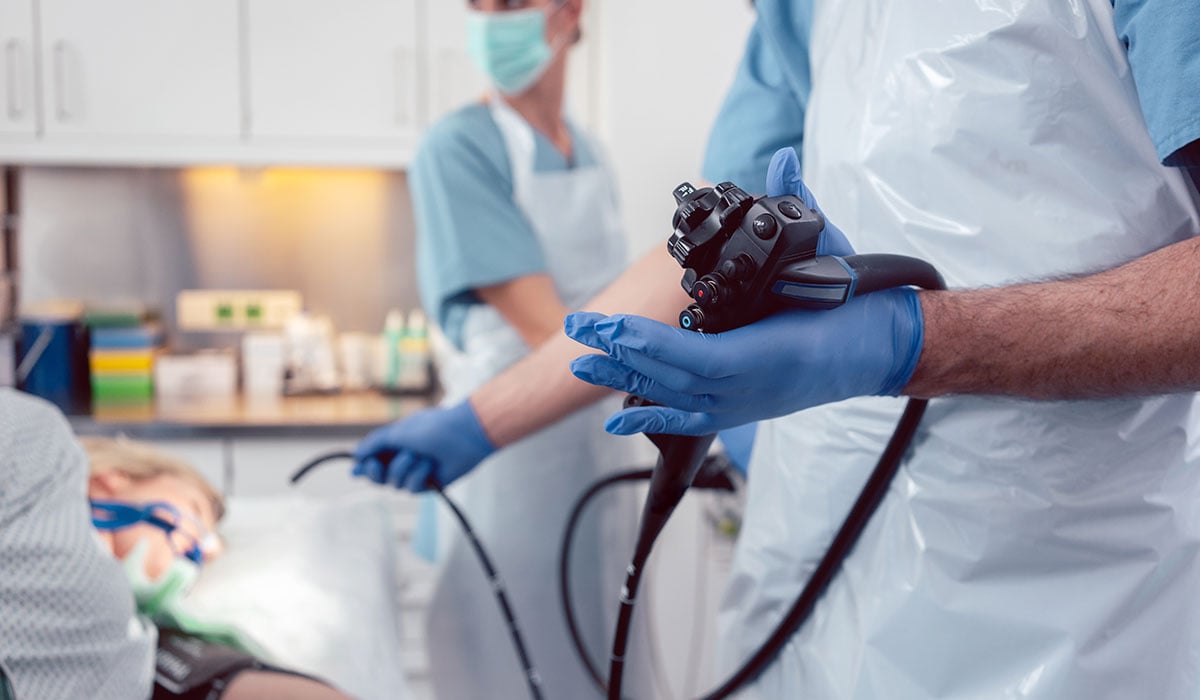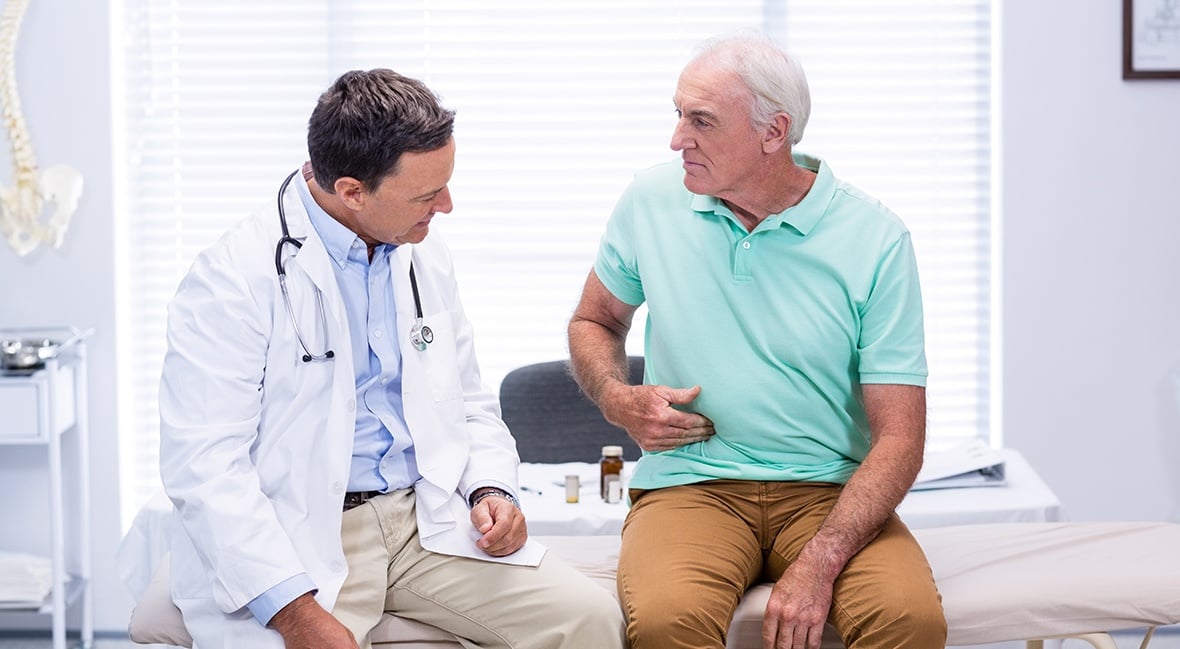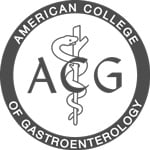Your colon is an integral part of your digestive system. This year, an estimated 97,220 people in the United States will be diagnosed with colon cancer, also known as colorectal cancer.
Environmental and genetic factors have a lot to say about whether an individual develops certain kinds of cancers, but your risk level for colon cancer is not entirely out of your hands.
Here are several lifestyle choices you can make that may help improve your colorectal health:
1. Stay Hydrated
It’s important to drink plenty of water for optimal colon health. The recommended daily water intake is about 15.5 cups (3.7 liters) of fluids for men, and about 11.5 cups (2.7 liters) for women, according to the National Academies of Sciences, Engineering, and Medicine
2. Eat This
The food you eat is an essential factor in maintaining a healthy colon. Beneficial foods include those that are fiber-rich, and nutrient-dense, such as fruits, vegetables, and nuts. These help prevent hemorrhoids and pouches from developing in the colon, and may help to thwart the development of many other diseases, too, digestive and otherwise.
3. Don’t Eat That
According to the American Cancer Society, there's an increased risk for developing colon cancer among those who consume a diet high in red and processed meat. In fact, in 2015, the International Agency for Research on Cancer classified processed meat as “carcinogenic to humans,” and red meat as “probably carcinogenic to humans,” largely based on evidence linked to colorectal cancer risk.
4. Quit Smoking
According to the American Association for Cancer Research, long-term cigarette smoking is associated with colorectal cancer development, even after controlling for screening and multiple other risk factors.
5. Limit Alcohol Consumption
Excessive alcohol consumption is a general risk factor for colorectal cancer development, as well as the development of other cancers and diseases. Studies show that people who regularly drink 50 or more grams of alcohol per day (approximately 3.5 drinks worth) heightened their risk of developing colorectal cancer by 1.4 times. For every 10 grams of alcohol consumed per day, there is a 7% increase in the risk of developing colorectal cancer.
6. Mind Your Body Weight & Exercise
Obesity is tied to a higher risk of colorectal cancer development. Additionally, according to the American Cancer Society's Colorectal Cancer Facts & Figures 2017-2019: “The most physically active people have a 25% lower risk of developing both proximal and distal tumors than the least active people.” To avoid becoming sedentary and to maintain healthy body weight, try implementing just 30 minutes of moderate- to high-intensity physical activity, five days each week.
7. Get Screened
The American Cancer Society adjusted its recommendation for the age at which people should begin receiving regular colorectal cancer screenings this May, suggesting we now start at 45 instead of 50. The change is primarily due to an uptick in reported instances of colorectal cancer-related deaths among younger people aged 20-54 than in previous years. According to the Centers for Disease Control and Prevention, colorectal cancer almost always develops from precancerous polyps. With proper screening, your doctor can detect polyps and remove them before they become cancerous.
Talk to a doctor to see if screening is right for you. Gastroenterology Associates specializes in helping restore you and your family to optimal digestive health.Schedule your consultation, today.












